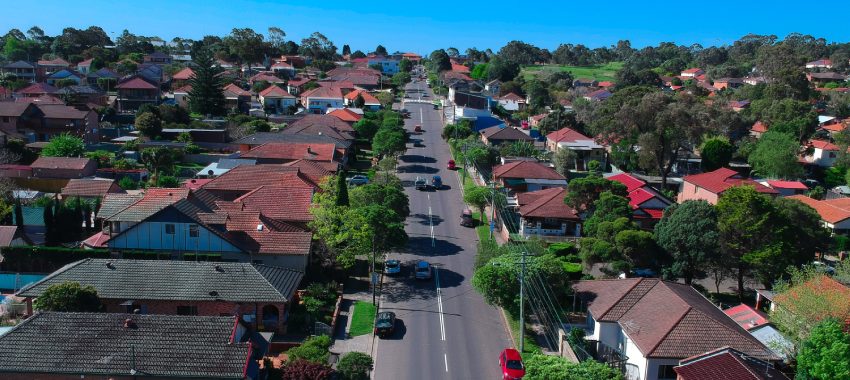
A property body has raised housing affordability concerns in NSW after data showed a decline in the number of new homes being built in Sydney over 2020-21.
The Property Council of Australia has called for greater action on housing supply after the NSW government released data that showed dwindling supply over 2020-21 financial year.
The latest Metro Housing Monitor data released by the NSW Department of Planning, Industry and Environment has revealed that 29,785 new homes were built in Sydney over FY20-21.
This represents an 8 per cent decrease from the 32,464 homes completed over FY19-20, and was lower than the 42,414 homes completed in FY18-19, and the 30,190 homes that were completed over FY15-16.
As such, NSW Property Council executive director Luke Achterstraat said that the recent figures demonstrated why Australians have been expressing their concerns about housing affordability and supply.
He referred to the 2021-22 NSW Intergenerational Report – which stated that the state would require 42,000 homes built per year – and said that with an existing undersupply of almost 50,000 homes across the state, falling behind by an additional 12,000 homes or more would put the state in “dire straits” and has stressed the need for positive solutions.
Mr Achterstraat said: “Without immediate action, aspiring homeowners and renters will suffer ongoing and increasing housing affordability challenges. Year after year, more and more Australians give up on their dream to own a house and it’s time for that to change.
“These figures are yet another warning that a failure to tackle the housing supply and affordability issues now will leave a multi-generational impact on those looking to enter the housing market. A failure to address the housing supply issue will only compound housing affordability issues in the long run.”
The NSW Intergenerational Report has forecast that NSW will need to build one new home for every two that currently exist over the next 40 years, and that 1.7 million homes will be needed by 2060-61 to support population growth of around 40 per cent to 11.5 million people.
It has suggested that increasing housing supply and scrapping duty are two ways to tackle the housing affordability crisis.
Mr Achterstraat said that the Property Council of Australia/ANZ survey has repeatedly shown that housing supply and affordability were the top issues that the property industry felt that state governments should focus on.
He said: “As we move out of the immediate health challenges from the pandemic, priority and attention needs to focus on the way in which the property industry can lead the state’s economic recovery through delivery of increased housing supply.
“Now is not the time to be complacent, we must act with urgency and reignite our focus on housing supply if we are to stave off locking the next generation out of home ownership.”
Housing affordability concerns have increasingly become top of mind, with recent CoreLogic data showing that home values grew at the fastest pace in the past year since 2004 (although the level of growth has started to slow).
As such, a parliamentary committee began calling for submissions for a new inquiry into housing affordability and supply. The inquiry will examine the impact of tax and regulatory regimes on price, affordability, and housing supply in Australia in the present and into the future.
The REA Group recently addressed housing affordability concerns in its submission to the House of Representatives standing committee on tax and revenue’s inquiry into housing affordability and supply, suggesting increased housing supply as a key factor in managing house price rises.
However, it warned that because of the considerable time lag in construction, it is a medium to long-term solution.
The submission also argued that state and local governments could decrease the complexity of planning requirements.
Furthermore, similar to the NSW Intergenerational Report, the REA Group has also argued that reforming stamp duty would also help tackle housing affordability, calling it an “inefficient tax that slows the property market”.
To read more about property trends across Australia, keep a lookout for the October edition of The Adviser.
[Related: Broking sector unpacks macro policy impact on property]
